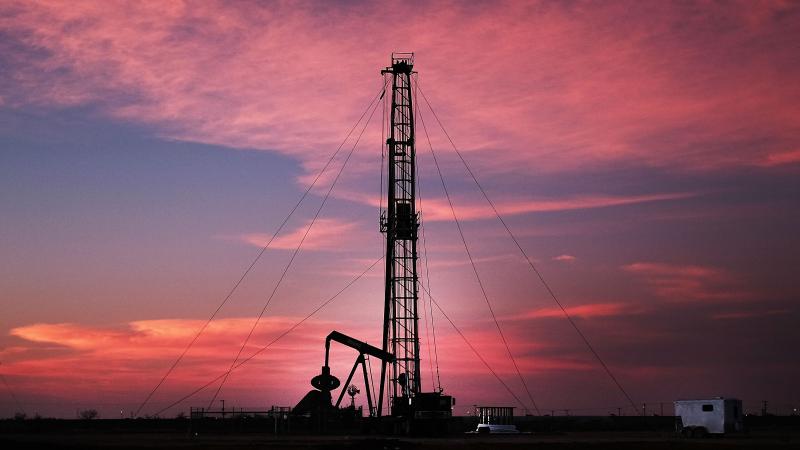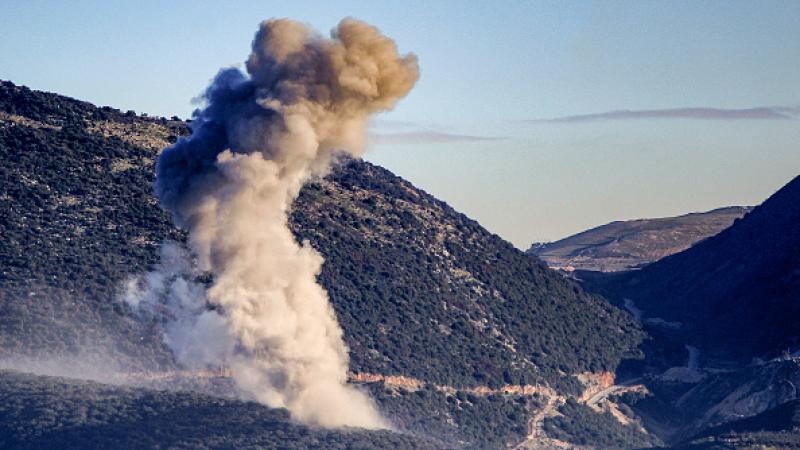Nuclear power plants shut down in Germany over the 'risks of nuclear power'
The plan to get rid of nuclear power plants in Germany is controversial.
The three remaining nuclear power plants in Germany will be shut down Saturday due to the "risks of nuclear power." The closures were rescheduled from the end of 2022 to April 15 because of concerns about energy security posed by the Russian invasion of Ukraine.
"The risks of nuclear power are ultimately uncontrollable; that's why the nuclear phaseout makes our country safer, and avoids more nuclear waste," German Environment Minister Steffi Lemke, a member of the Green Party, said according to a report from German media outlet Deutsche Welle.
The closure of Emsland, Neckarwestheim II and Isar II, the remaining three nuclear plants in Germany, was supposed to happen last year but was delayed due to energy security concerns.
Germany was importing over half of its natural gas from Russia ahead of the war in Ukraine, but that ended shortly after the start of the war.
The plan to get rid of nuclear power plants in Germany is controversial. KernD, an association representing the interests of nuclear technology in Germany, told Deutsche Welle that this plan was not a good idea.
"Also, in view of climate policy and the very unfavorable development in electricity generation last year — due to a sharp increase in coal-fired power generation — the shutdown of three functioning nuclear power plants with a low greenhouse gas footprint beggars belief," a KernD spokesperson told the German outlet in a statement.
"Considering security of supply, environmental and climate protection, as well as competitiveness, more nuclear power would make more sense than none at all," the statement continued.
















